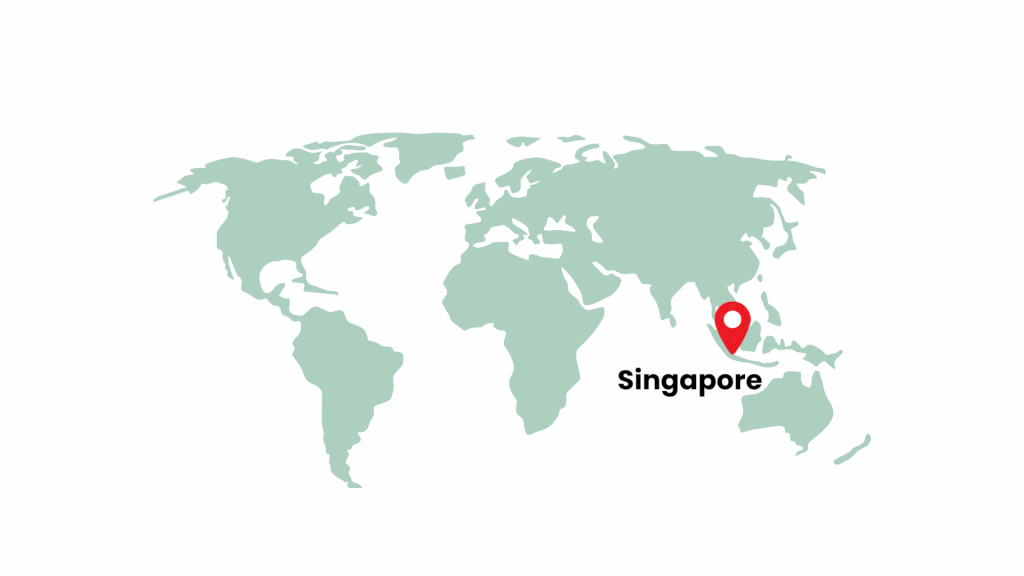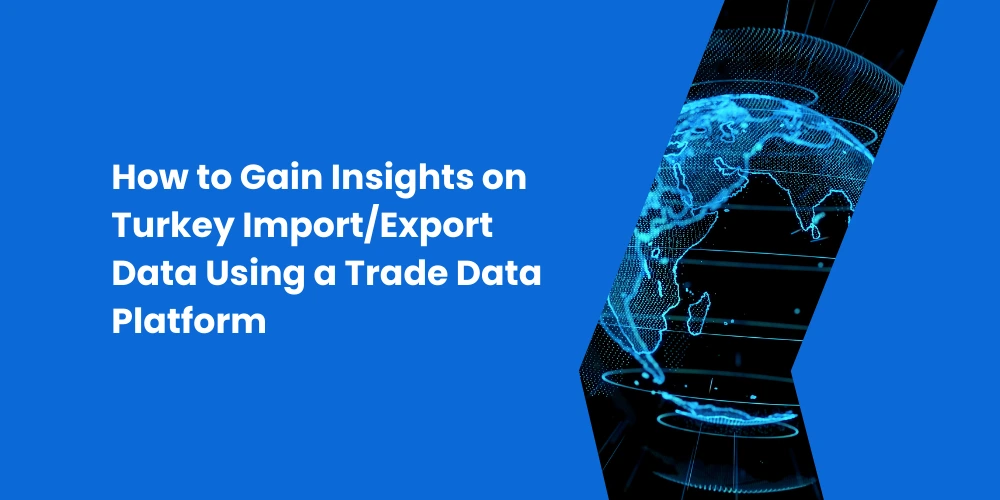Introducing Mirror Data
In the realm of international trade analysis, gaining access to comprehensive and accurate data is paramount. However, confidentiality measures in certain countries can pose challenges. Enter Mirror Data— a innovative solution that offers businesses indirect access to trade information. Let’s explore how Mirror Data works through a concrete example and its implications for businesses.
Example: Accessing Customs Data for Singapore Using Counterparty Turkey

Imagine a logistics company based in the Turkey seeking to analyze customs data for Singapore, a major player in global trade. However, Singapore does not disclose its customs data due to confidentiality measures. In this scenario, the company can leverage Mirror Data by utilizing customs data from Turkey, a counterpart that does disclose its data.
Extracting Insights
By analyzing the customs data from Turkey, the logistics company can estimate insights relevant to Indonesia market. They may identify key trade patterns, shipping routes, and product categories, providing valuable intelligence for their operations and strategic decision-making.
Ensuring Data Availability
It’s essential to ensure that the chosen counterpart possesses customs data, as this is crucial for obtaining accurate Mirror Data results. By collaborating with reputable data providers or counterparties, businesses can access reliable and comprehensive trade information.
Strategic Decision-Making
Armed with insights from Mirror Data, the logistics company can optimize their supply chain operations, identify new business opportunities, and mitigate risks associated with global trade. Whether it’s streamlining shipping routes or identifying emerging market trends, Mirror Data empowers businesses to make data-driven decisions with confidence.
Conclusion
In conclusion, Mirror Data offers businesses a practical solution to navigate confidentiality challenges and access valuable trade insights. By leveraging data reciprocity and indirect access to trade information, businesses can unlock new opportunities and drive growth in international markets. As illustrated by the example of accessing customs data for Country A using counterpart Country B, Mirror Data empowers businesses to make informed decisions and stay ahead in an increasingly complex global landscape.
About Trade Intelligence Global Pte. Ltd.
Trade Intelligence Global Pte. Ltd. is a distinguished leader in global trade solutions, delivering exceptional results for businesses worldwide. With a focus on excellence, innovation, and client success, Trade Intelligence Global empowers businesses to thrive in today’s interconnected global economy. To find out more, visit https://tradeint.com.
FAQ
TradeInt is a comprehensive global trade data platform by Trade Intelligence Global Pte Ltd, that provides businesses with access to accurate and reliable trade data insights for informed decision-making and strategic planning.
TradeInt ensure data accuracy and reliability through rigorous validation and cleansing processes. Each data entry undergoes scrutiny, with redundant or inconsistent entries promptly flagged and resolved. Advanced cleansing techniques and quality control measures are employed to eliminate errors, duplicates, and discrepancies, ensuring precise and actionable insights.
TradeInt acquires trade data from trusted sources worldwide, including official customs authorities, trading partners, and reputable data providers. The platform ensures data reliability by sourcing information from legal and reliable sources and subjecting it to rigorous validation and cleansing processes.
When selecting a counterpart country for Mirror Data analysis, businesses should consider factors such as the reliability and transparency of the country’s customs data, its trade relationship and similarities with the target market, and the availability of comprehensive data that aligns with their analytical needs and objectives.
Yes, Mirror Data can be applied across various industries beyond logistics and supply chain management. For example, it can be utilized in market research, financial analysis, and risk management to gain insights into consumer behavior, industry trends, and competitive landscapes.
The potential benefits of utilizing Mirror Data include accessing valuable trade insights from countries with restricted access to data, mitigating the impact of confidentiality measures, and gaining a broader perspective on global trade dynamics. However, drawbacks may include discrepancies in trade reporting methodologies between counterpart countries and the need for careful validation and verification of data accuracy.



